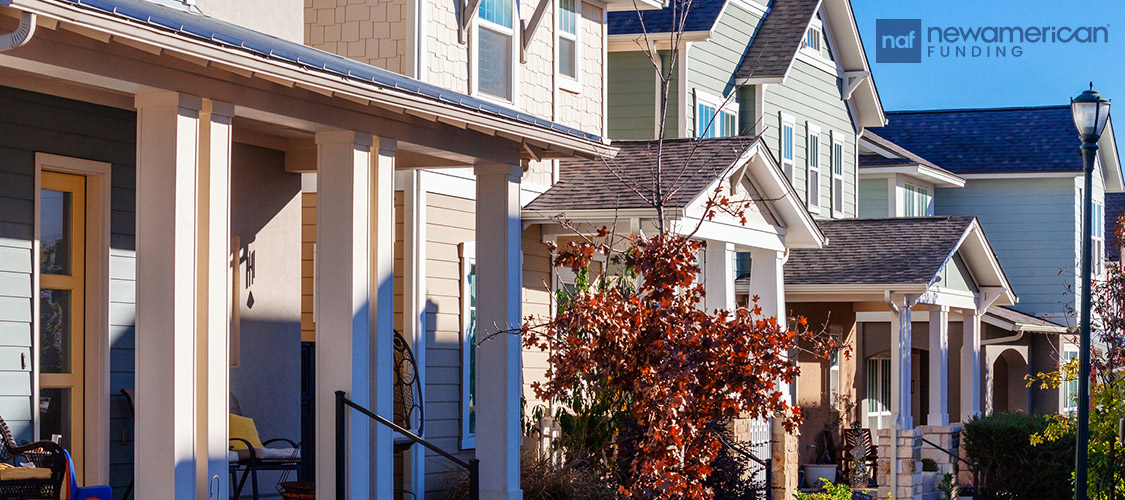
Unlock Your Home's Value with Cash-Out Refinancing
Your home is more than just a residence; it's a valuable asset. If you've built equity and need cash, consider a Cash-Out Refinance. This replaces your current mortgage with a larger one, giving you the difference in cash after paying off your old loan and closing costs. Calculate your estimated refinance costs with our refinance calculator.
Cash-Out Refinance Overview
Cash-Out Refinancing turns your home's equity into cash. Equity is your home's current value minus your mortgage balance. This process involves taking out a new mortgage larger than your current one, paying off the old mortgage and closing costs, and receiving the remaining amount in cash.

Why Consider a Cash-Out Refinance?
- Home Improvements: Fund specific renovations or repairs to enhance your home's value.
- Debt Consolidation: Pay off credit cards or personal loans by consolidating debt.
- Lower Interest Rate: Reduce your monthly payments with a lower interest rate.
- Investment Opportunities: Use the extra cash to invest in properties, stocks, or bonds.
Cash-Out Refinance Requirements
Eligibility varies by lender, so always check with your mortgage provider. Here are some general requirements:
- Credit Score: Minimum of 580 (some lenders may require 620). Higher scores may secure better terms.
- Debt-to-Income Ratio (DTI): Maximum of 50%. A lower DTI helps in finding lower mortgage rates.
- Home Equity: Typically, at least 20% equity in your home is required. You can usually borrow up to 80-90% of your home's equity.
- Home Appraisal: Some lenders may require an appraisal of your home for a cash-out refinance.

Cash-Out Refinance Benefits
Unlock cash from your home's equity and enjoy these advantages:
- Debt Management: Pay off credit cards, car loans, or personal debts. Consolidate debts into one monthly payment.
- Lower Interest Rates: Secure a lower interest rate and reduce monthly mortgage payments.
- Potential Tax Savings: Possible tax reductions for home improvement projects (consult a tax professional).
- Home Enhancements: Fund renovations or accessibility improvements.
- Investment Opportunities: Purchase rental properties.
- Education & Expenses: Pay off student loans, fund education, or cover large expenses like medical bills.
Key Facts About Cash-Out Refinance
- Equity Requirements: Most lenders require you to retain some equity. Typically, you can access 70-80%, except for VA Loan Refinance (up to 100% for eligible military members).
- Closing Costs: Expect to pay 2-5% of the loan in closing costs, including appraisal and attorney fees.
- Funds Availability: There's a 3-day waiting period before you receive cash, as mandated by federal regulations.
- New Loan Terms: Refinancing means getting a new mortgage with potentially different terms and conditions.
- Appraisal: Lenders may require a home appraisal to verify its current market value and determine your equity.
Apply for a Cash-Out Refinance
- Estimate Cash Needed: Determine the amount you want to borrow to ensure a cash-out refi is right for you.
- Calculate Home Equity: Assess the equity you have in your home.
- Research Lenders: Check lender requirements for credit score, DTI, and equity needed.
- Gather Documents: Prepare personal info, debt statements, and proof of income.
- Complete Application: Fill out the required paperwork.
Cash-Out Refinance vs. Home Equity Line of Credit
- HELOC:
- A HELOC works like a credit card; access funds as needed.
- Revolving credit line based on home value and mortgage owed.
- Withdraw and repay funds repeatedly; pay interest only on borrowed amount.
- Variable interest rate: Payments depend on borrowed amount and current rate.
- Cash-Out Refinance:
- Receive a lump sum of cash.
- Fixed interest rate option available.
- Fixed mortgage payment for the life of the loan.
- Interest charged on the entire loan amount.
Whether a Cash-Out Refinance or a HELOC is right for you will depend on your unique financial situation.

Pros & Cons of Cash-Out Refinance
Pros:
- Consolidate debt
- Potentially lower interest rate
- Invest in your future
- May boost credit score and eliminate other debts
Cons:
- New mortgage process takes time
- Closing costs and potential private mortgage insurance (PMI) required (PMI cancellable after achieving 20% equity and meeting conditions)
- New loan terms and repayment period
Cash-Out Refinance FAQs
What are the fees for a Cash-Out Refinance?
- Closing costs, including appraisal and attorney fees, typically range from 2-5% of the loan.
Do I have to pay taxes on a Cash-Out Refinance?
- No, the cash received is not taxable income.
- Loan may qualify for tax deductions if used for home improvements.
Is it hard to qualify for a Cash-Out Refinance?
- Similar to other loans; meet credit, DTI, and lender requirements.
- Qualifications vary by loan type (e.g., FHA, VA).
How long does a Cash-Out Refinance take?
- Process takes about 45-60 days.
- Funds released three days after closing due to federal law.
 Smart Moves Start Here.
Smart Moves Start Here.